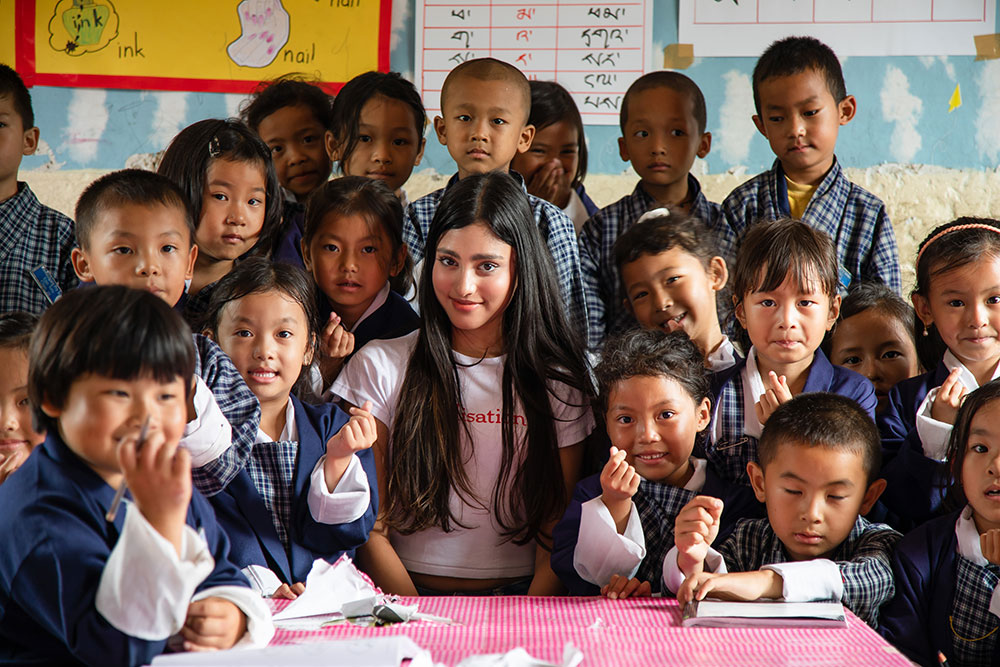Sherab Lhamo
A 15-year-old student from the UK has proposed an alternative to conducting time-consuming and lengthy surveys to measure Gross National Happiness in the country, using artificial intelligence to derive Gross National Happiness Index (GNHI).
After conducting research on the idea for two years, Riona Dighe concluded that artificial intelligence could be effectively used to give a real-time measurement of GNHI as a cost-effective alternative.
In her research, she stated that the approach to measure the sustainable development and well-being of the Bhutanese, as utilised by GNHI surveys is time consuming and expensive.
By using Natural Language Processing(NLP) models—machine learning models that analyse text in sentences and survey analysis. Analyzing text from social media and newspapers in Bhutan can help understand the country’s progress, concerns and challenges. This information could also be used to help the government make better policy decisions that benefit the citizens, said Riona.
The NPL model was also trained on the Centre for Bhutan Studies survey, which were used to measure GNH in Bhutan. The NPL models were able to assign sentiment analysis scores to each attribute of nine domains of GNH. The overall GNH raw score of nine domains was seven, for the pilot study result.
She first tested a sample survey with 20 people in the UK, where the questions were crafted specifically based on the 9 domains used to compute GNHI as defined by Bhutan. Using the NLP model, an algorithm to derive sentiment analysis scores (ranging from 0 to 10) generated by the algorithm closely resembled human responses. This gave confidence to use NLP models against sentences on websites to measure GNH of the country, said Riona.
However, there are some drawbacks to this method—the results of the analysis can be biased due to populist sentiment and fake news. The algorithm was only applied to social media and newspapers in English, which captured a small subset of the population. The result may differ if the algorithm was applied to other languages.
Riona presented her project to two middle schools in Thimphu: Lungtenzampa Middle Secondary School and Changangkha Middle Secondary School on August 10.


